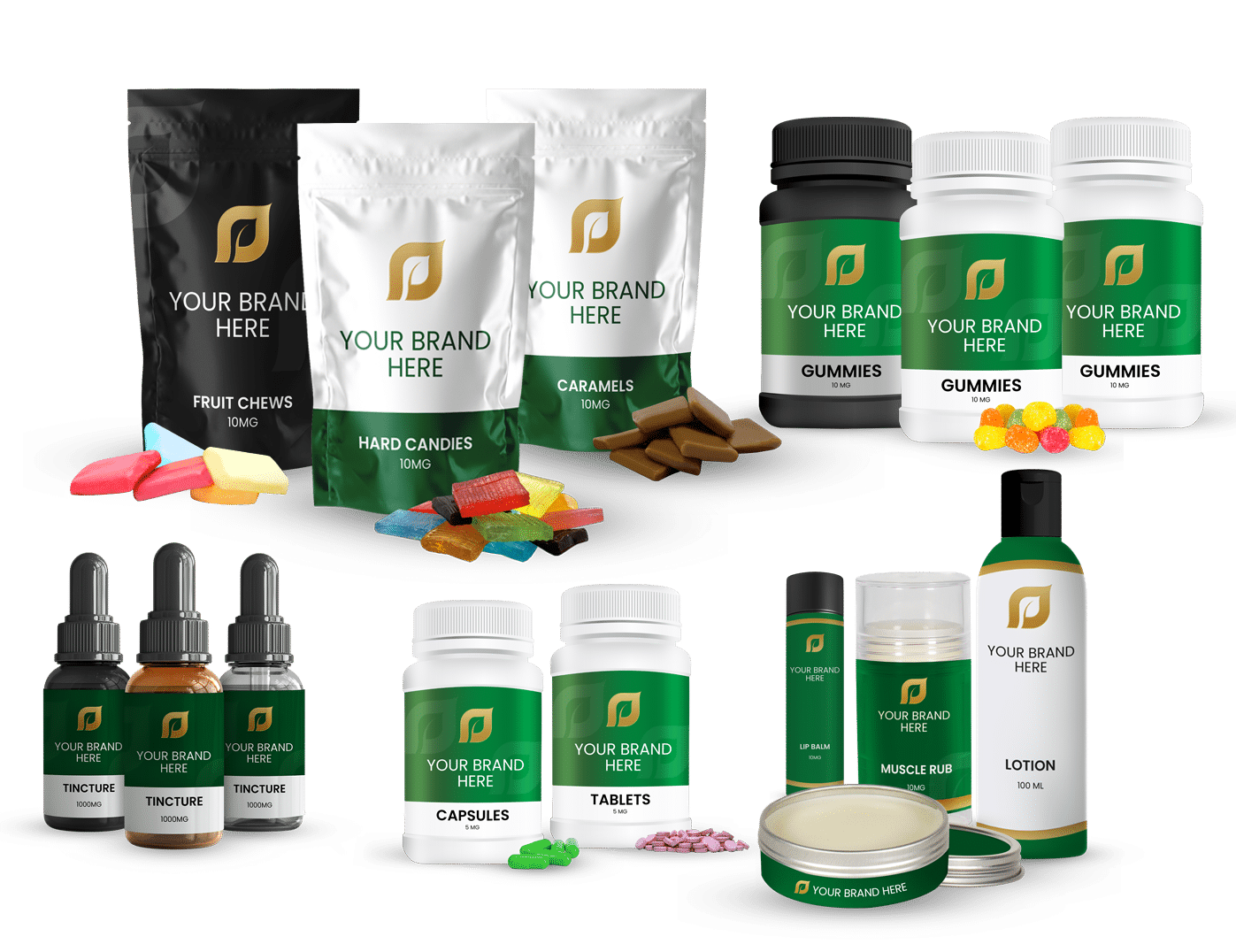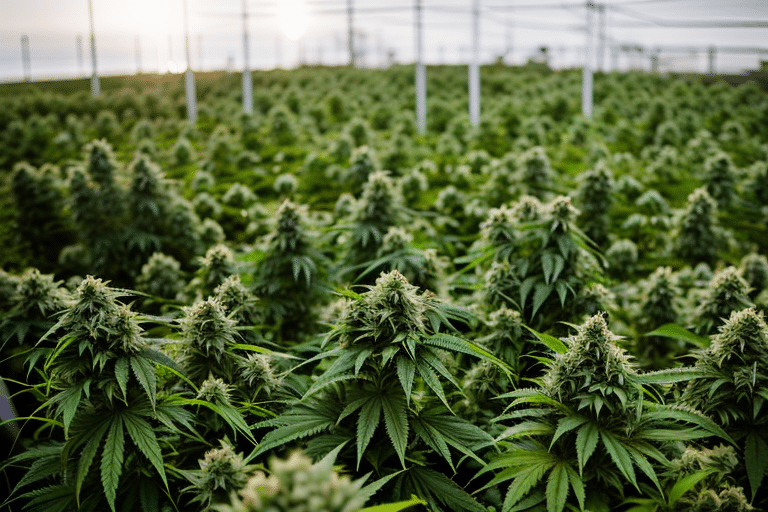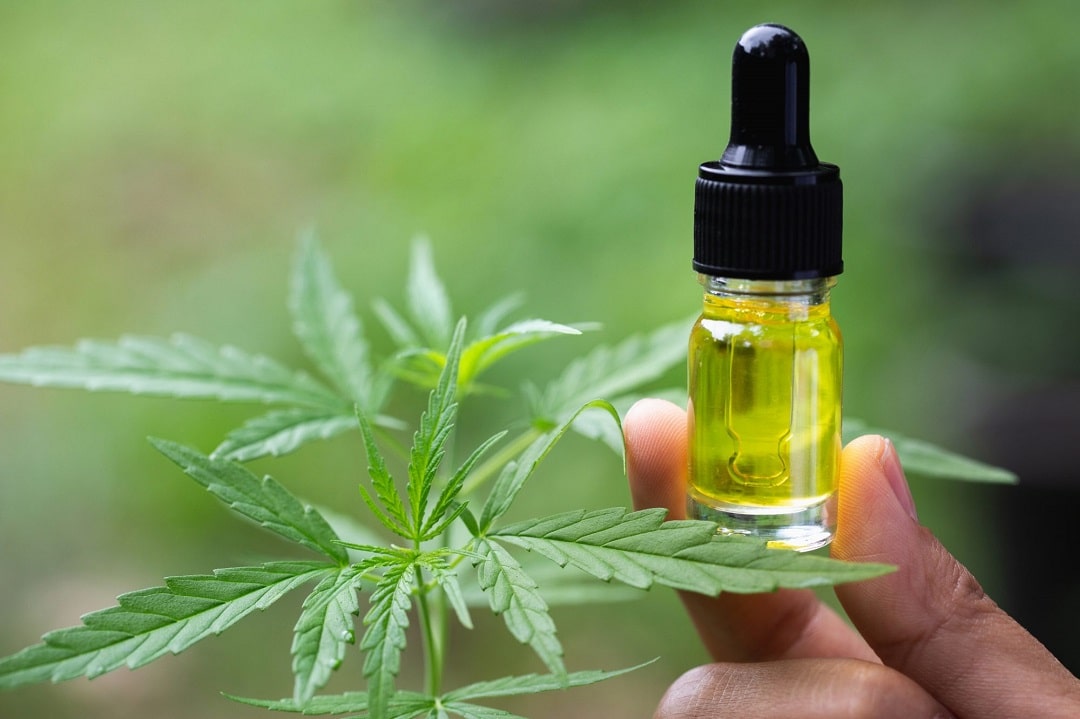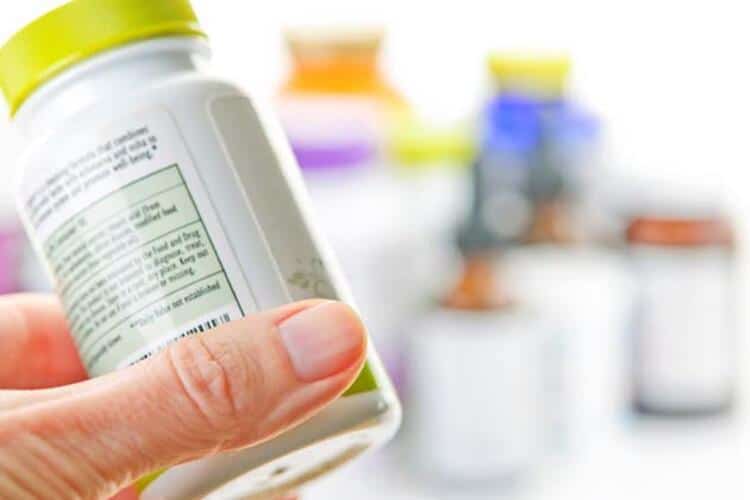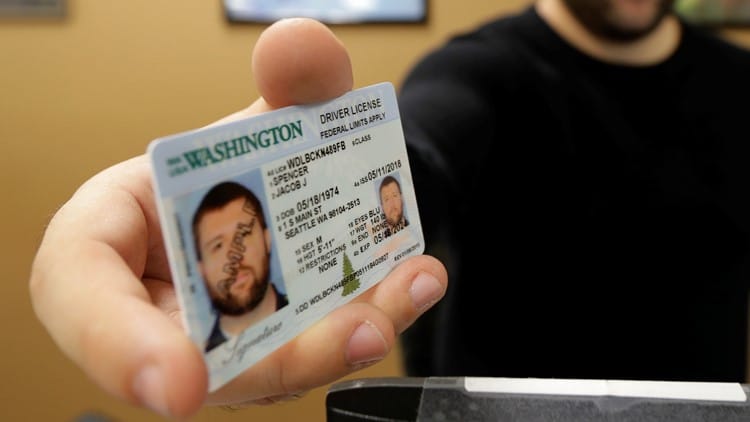If you are asking whether or not you can mix delta-8 with antidepressants, you’re likely either already taking antidepressant medication or considering it and wondering if it’s safe or advisable to mix with delta-8-THC.
Delta-8 is not yet well studied, but it has similar effects and chemistry to common THC or delta-9-THC. While we can’t say for sure, we can look at what we know about THC and antidepressants to see how delta 8 might interact. With any medication, it’s always best to check with your doctor.
Table of Contents
ToggleWhat Is Depression?
Depression is a serious medical condition that affects a person’s mood, thoughts, body, and behavior. It is more than just feeling sad or “down in the dumps” for a few days. Depression is a constant, chronic feeling of sadness, self-loathing, loss of self-esteem, and emotional pain that can last for weeks, months, or even years. It can be caused by a chemical imbalance in the brain, hormones, family history, childhood trauma, or stressful situations. It is estimated that during any 2 week period in 2019 that 18.5 percent of American adults exhibited symptoms of depression. (1)
There are different types of depression, including major depressive disorder (MDD), which is the most common type. MDD is characterized by a persistent feeling of sadness, emptiness, hopelessness, worthlessness, and pessimism that lasts for at least two weeks. Other symptoms include anger, tiredness, fatigue, difficulty concentrating, sleeping too much or too little, changes in appetite and weight, and thoughts of death or suicide.
Depression is not a sign of weakness or something that you can just “snap out of.” It is a real medical condition that can be caused by a chemical imbalance in the brain, hormones, family history, childhood trauma, or stressful situations. If you are feeling depressed, it is important to talk to your doctor or a mental health professional. There are many different treatment options available, and the sooner you start treatment, the better.
What Is Delta-8 THC?
Delta-8-THC is one form of THC, also known as tetrahydrocannabinol, the psychoactive component in marijuana. Tetrahydrocannabinol has the chemical structure C21H30O2, which describes several types of isomers, which are different physical arrangements of the same atoms. Most of the time, that chemical formula refers to Delta-9-THC, a more potent version of Delta-8-THC. (2)
Delta-9-THC and Delta-8-THC share many similarities. They offer medicinal benefits, giving cannabis consumers a means to treat pain, nausea, and loss of appetite. They also have nearly identical chemical structures.
Companies across the cannabis industry have touted Delta-8-THC as a milder version of Delta-9-THC. The cannabis product has less intense effects than pure tetrahydrocannabinol, making it more approachable, especially for first-time users. Of course, your experience with Delta-8-THC will depend on how you ingest it.
What Are Antidepressants?
Antidepressant medications are a type of psychiatric medication used to treat major depressive disorder and other conditions, including anxiety, bulimia, chronic pain, and talk therapy. Self-care, exercise, and a nutritious diet are also important for people with depression.
Depression is a complex illness that is not fully understood. It is thought to be caused by a chemical imbalance in the brain. Neurotransmitters, including serotonin, norepinephrine, and dopamine, play a role in depression.
Antidepressants work by correcting the chemical imbalance in the brain. They are thought to increase the levels of neurotransmitters in the brain.
Antidepressants are usually taken for several weeks before they are fully effective. They can relieve symptoms in up to 70 percent of people with depression. (3)
Talk therapy, self-care, exercise, and a nutritious diet are also important for people with depression. These treatments can help people with depression feel better and cope with their symptoms.
Common Side Effects Of Antidepressants
While antidepressants are generally considered to be quite safe and well tolerated, they don’t work for everyone. There are a variety of antidepressants that are used to treat depression, and each one comes with its own set of possible side effects. Some of the most common side effects of antidepressants include: (4)
- Nausea: This is often the most common side effect in the first few weeks of taking an antidepressant. It is usually not severe and goes away as your body adjusts to the medication.
- Weight gain: Many people gain weight when they start taking antidepressants. This is because the medications can increase your appetite or make you feel more comfortable eating.
- Lower sex drive: Antidepressants can lower your sex drive by affecting your hormones or by making you feel tired.
- Tiredness: Antidepressants can cause fatigue, which can make it difficult to get through the day.
- Trouble sleeping: Some antidepressants can cause insomnia, which can make it hard to get a good night’s sleep.
- Dry mouth: Many antidepressants cause dry mouth, which can lead to mouth problems such as tooth decay.
- Blurred vision: Some antidepressants can cause blurred vision, which can make it difficult to drive or read.
- Constipation: Antidepressants can cause constipation by slowing down the movement of food through your digestive system.
- Dizziness: Antidepressants can cause dizziness, which can make it difficult to stand up or walk.
- Anxiety: Some antidepressants can cause anxiety, which can make it difficult to concentrate or focus.
If you’re experiencing any side effects from a depression medication, it’s important to let your doctor know. They may change your medication, suggest lifestyle changes, or prescribe an additional medication to help you with the additional symptoms.
Risks Of Mixing Cannabis With Antidepressants
It’s well known that mixing cannabis with other substances can have unpredictable and sometimes dangerous consequences. But what about mixing cannabis with antidepressants?
There’s growing evidence that mixing cannabis with antidepressants can impede the ability of physicians to assess the efficacy of antidepressants accurately. And since physicians often start a patient on one drug and add others later, this can delay or even prevent patients from getting the treatment they need. (5)
Particularly in severe cases, patients should abstain from cannabis and other substances during treatment for depression or anxiety—at least temporarily. There’s also evidence to suggest that patients are more likely to misuse cannabis or transition from occasional to chronic use when they’re depressed.
Anecdotally, many physicians report that some patients who use cannabis, alcohol, or other drugs during treatment—particularly those with severe depression or bipolar disorder—are less likely to adhere to their treatment protocols, including prescription drugs and behavioral interventions like cognitive behavioral therapy or psychotherapy.
So if you’re taking antidepressants, it’s best to avoid using cannabis, at least while you’re being treated for depression or anxiety. And if you’re using cannabis to self-medicate for depression or anxiety, it’s important to be honest with your physician about your cannabis use so they can make the best decisions about your treatment.
Common Antidepressants And Cannabis
Cannabis has been somewhat legal in the United States for the last twenty years. There has been plenty of time to collect anecdotal and experimental data about how common antidepressants interact with cannabis.
First we’ll look at the different types of antidepressants and then we’ll see what potential interaction to watch out for.
What Are The Different Types of Antidepressants?
There are a variety of different types of antidepressants available on the market today, each with its own unique benefits, risks, and uses. It’s important to work with a mental health professional to figure out which type of antidepressant is right for you.
The three basic molecules involved in mood regulation are dopamine, norepinephrine, and serotonin. Dopamine and norepinephrine are involved in the “reward pathway” which helps us feel good when we do something that is beneficial to our survival. Serotonin is involved in regulating mood, sleep, and appetite.
Selective serotonin reuptake inhibitors (SSRIs) and serotonin and norepinephrine reuptake inhibitors (SNRIs) are the most commonly prescribed antidepressants. SSRIs work by preventing the reabsorption of serotonin by the neurons in the brain. This increase in available serotonin helps to improve mood. SNRIs work similarly to SSRIs, but they also block the reabsorption of norepinephrine.
Tricyclic antidepressants (TCAs) and monoamine oxidase inhibitors (MAOIs) are less commonly used due to potentially severe side effects. TCAs work by blocking the reabsorption of both norepinephrine and serotonin. MAOIs work by inhibiting the monoamine oxidase enzyme, which breaks down norepinephrine, serotonin, and dopamine.
Other fairly new antidepressants that do not fit into any of the above-listed categories are broadly described as atypical antidepressants. These include drugs like bupropion, mirtazapine, and trazodone. These drugs work in a variety of different ways and may be used when other antidepressants have not been effective.
As with any medication, there are potential side effects associated with taking antidepressants. Be sure to talk to your doctor about the risks and benefits of taking any medication.
Interactions Between Antidepressants And Cannabis
There is a potential for interactions between cannabis and different types of antidepressants. The risk of interaction is low to moderate for most types of antidepressants but high for monoamine oxidase inhibitors, tricyclic antidepressants, and sedatives.
Patients should be cautious when combining cannabis with antidepressants and speak with their health provider. Physicians should be aware of the potential for interactions when prescribing antidepressants to patients who use cannabis.
Adverse interactions between cannabis and antidepressants are rare but can occur. Cannabis can make antidepressants less effective or take longer to work. Patients may be at higher risk of going on and off treatment protocols if they use cannabis. People experiencing depression are also at higher risk of changing their level of cannabis use from moderate to problematic.
If you are considering using cannabis to treat your depression, it is important to speak with your health care provider first. Because delta-8 is newer and less common, your doctor might not have any specific information about how your medication interacts with it specifically. They can help you weigh the risks and benefits of using cannabis in general, as well as monitor you for any potential interactions with your antidepressants.
Questions About Delta-8 And Antidepressants
Does delta-8 affect depression?
For some people, delta-8 helps them feel more uplifted and relaxed. For others, there there is more anxiety and negative self-talk. In the same way that different antidepressants work for different people, some people will find delta-8 helpful with their depression and others will not.
Can delta-cause depression?
While delta-8 does not typically cause depression, it is possible, especially if someone is using too much. If their usage keeps increasing and they are building a tolerance to the substance, it’s likely that they are building a dependency. Habitual use could contribute to depression.
Can delta-8 cause mental problems?
Delta-8 is generally quite safe for both physical and mental health. That being said, anyone with a personal or family history of mental illness should be very cautious when taking mind-altering substances. Cannabis has been known to trigger episodes in people with preexisting mental health conditions, and delta-8 is likely no different.
References
- https://www.cdc.gov/nchs/products/databriefs/db379.htm
- https://pubmed.ncbi.nlm.nih.gov/34662224/
- https://www.camh.ca/-/media/files/guides-and-publications/upm-antidepressants.pdf
- https://www.mayoclinic.org/diseases-conditions/depression/in-depth/antidepressants/art-20049305
- https://www.ncbi.nlm.nih.gov/pmc/articles/PMC8307883/


